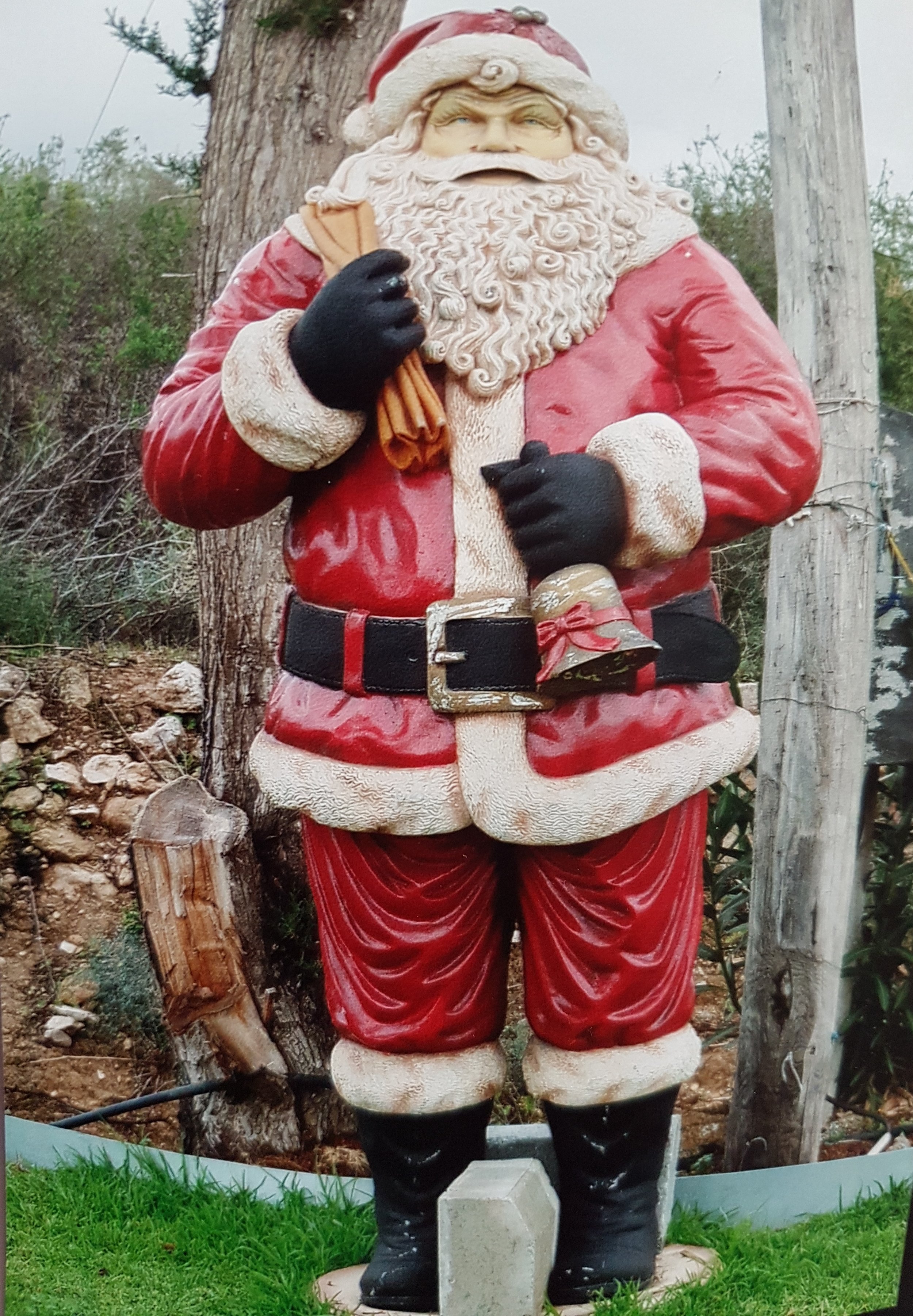You are in the army now
/Greek Cypriot National Guard January/March 1998
It does not take much to strip us down to our skin and bones humanity, to our base ‘animal’ nature, for our repertoire of the most beautiful songs to turn into howls and screams. When our stomach is full, when we are not thirsty, when we live in a comfortable home and have decent paying work, it is not difficult to act sophisticated and cultured. How refined would we be if there were ten of us fighting over one loaf of bread? Trying to outrun each other for a cup of water to sate our thirst? These thoughts are disturbing not only in the context of our hierarchical needs and natural instincts towards self-preservation, but also when ‘self-preservation’ leads to questions of motivation, self-defence, and punishment.[1] I was faced with some of these implications during my short service in the military and could only imagine what this life on a long term basis could do to the spirit of a human being.[2] We are only weeks or days, even hours or minutes away of being stripped from the personalities and personas we ideally choose to present ourselves to the world, and according to which society rewards us. It is a sobering, humbling thought: from starry-eyed thoughts and profound pronouncements on Politics and Art to sinking deep into the mud and minding nothing for the stink of excreta. Self-awareness makes strong demands of us and it can be painful.
A week into boot-camp and the sewerage system in our block broke down.[3] We were not permitted to enter the quarters of another company. For the first few days shaving and making use of the urinals, despite the awful stench, did not overly concern us. The officers informed us that all necessary repairs would be made. As the days passed and the promised repairs did not eventuate, we started to worry. As a child and even later into my adulthood I was particularly sensitive to smells, and when it came to going to the toilet I was obsessive about cleanliness and privacy. After that first week most of us gradually started to give way to our initial strong hesitations of becoming overwhelmed by the disgusting surroundings. We started to make our way to the ‘sanitary’ block, no longer too sensitive or concerned with what was there. Here we were all equal. It did not matter whether you were a professor or a young upstart just out of high-school. Things of an ‘aesthetical’ nature which might have been highly important to us a week or two before, Homer or Hesiod, Bruckner or Mahler, or our different and sometimes extreme political affiliations, these now gave way to our other base and more urgent needs.
This experience with the sanitary break-down to our living quarters was not insignificant for it equipped me with vital insights when it came to doing future battle with some of my demons. This fast turn-about in thinking was especially revealing and would later help me to better engage with my OCD. I had seen first-hand how the mind can be strong and over-look certain prior dispositions, if only we keep moving ahead, remain busy, and allow for priorities. When it reaches the point when there is nothing else we can do, the priority of our natural human needs can overrule eccentricities, fears, obsessions, and taboos. Under certain conditions, much more catastrophic than what I have here described [especially in regards to thirst and hunger], theories of knowledge and philosophical systems unless serving to invigorate the human spirit and to address life with meaning, become completely useless.
Until the last of the repairs would be made to the plumbing we steadily grew accustomed to the overflow and reek, to the extent where it all became too normal. Many analogies could be drawn and made from this experience. Most of these have to do with the question of familiarity and desensitization, but also to the rise of corrupt regimes, inhumane corporate systems, and our turning away from human suffering. This truth, this reality which most of us know to be true, is one we would rather not have to face too often and is what the “corruptors” of the world prey upon and take advantage of. It is what the Turkish poet and political activist Aziz Nesin describes in his devastatingly confronting poem, Silence! Do Not Speak:[4] “We have swallowed our tongue. We have a mouth but no voice. We even formed an association: ‘The silent ones’/ And there were many of us…”
[1] This is not a literal reference to Abraham Maslow’s theory of the hierarchy of needs, for over time we have seen that the theory contains some glaring inconsistencies (i.e. a small subject sample) and omissions (the spiritual dimension). But for my purposes here it suffices.
[2] https://en.wikipedia.org/wiki/Cypriot_National_Guard
[3] Though hard to believe it was rumoured these ‘sewerage problems’ were not uncommon. They were supposed to get the new recruits ‘desensitized’ to the stench of rotting corpses.




